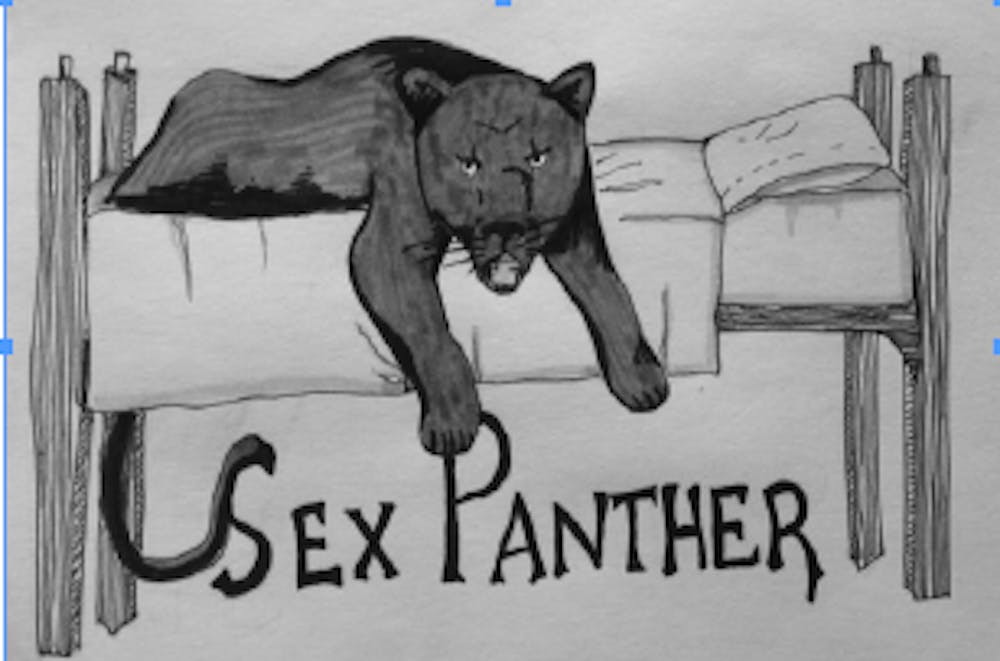CW: sexual harassment
Last week, the Campus published an op-ed by alumna Esme Valette ’16 about “predatory pack behavior” on campus — male students dominating the Middlebury party scene in a culture of men “hunting” women. Thank you, Esme, for talking about this facet of campus culture.
The issue with pack mentality is that the group social norms override individuals’ initiative and decision-making. We get lazy and start relying on societally established rules of interaction and conduct to tell us what is a good or a bad decision. This leads to the tacit acceptance of rape culture on campus — in the way we talk about hooking up when sober and in the way we interact when we’re drunk. This is what leads so many to accept that we can put our hands on someone’s waist and start dancing with them without consent, for example. We see it as “just the way it works” in Atwater, or a function of the drunkenness, the cramped spaces, and our own horniness. Y’all, horniness or drunkenness is never an excuse for not getting consent for physical contact. Male students can go a long way to apply positive peer pressure on each other to stop this predatory mentality.
On the flip side, women can and do access a similar kind of pack mentality to combat the effects of this male-dominated, rape-culture-tinged party scene.
This less acknowledged female pack behavior takes the form of a quick check-in as to whether a friend is okay with receiving attention from a guy, running dancefloor interference if a friend is receiving unwanted attention or texting the friends you came with when you leave a party, especially if it’s with a guy. This sister-pack attitude is even more often fostered among members of a sports team, with upperclassmen and especially captains checking in with younger players to make sure they’re comfortable with the crowded situation. Some teams also talk about including other women in this party safety network, too — meaning they’ll reach out to any woman who seems uncomfortable or alone.
Women looking out for women is amazing, but this sisterhood dynamic a deep reservoir of power that has yet to be fully tapped into. Upperclassmen women: let’s step it up.
My first year at Midd, I was dancing with teammates in an Atwater suite when a guy came up behind me and put his hands on my waist. I brushed his hands off, but he put them right back on and tried to dance with me. So I brushed them off again, turned around and said, “Sorry, I don’t want to dance with you.” He reached for my waist yet again and said, “Aw, come on.” He swore at me when I didn’t swoon into his arms and ran off as I glared after him. I was shaken, but proud that I had stood my ground, especially after a senior told me, “Good for you. What a creep.” But what if, in the moment that a guy put his hands on me without my permission, a senior on the team had told him, “Hey, she didn’t say you could do that.”
But the reason no senior did that is that speaking up would have had a social cost. If no one else reacts to groping on the dance floor by pointing out that it’s essentially sexual assault, then the person who does point it out sounds dramatic, or like an outsider who can be ignored. To change this reality, it would take all of us. A concerted effort among all female athletes to shut down these commonly accepted forms of sexual harassment and assault.
If first years started their party experience at Midd with the understanding that it wasn’t acceptable to touch people without permission and that it was socially acceptable for women to stand up for each other in these moments, in four fast years, they could have completely transformed Midd’s party culture. So, to next year’s upperclassmen women — especially up and coming team captains — let’s harness our power, as the ~alphas~ of our packs of teammates, friend groups and student orgs, to set an agenda against the casual acceptance of a sexist party culture.
Xoxo, Sex Panther



